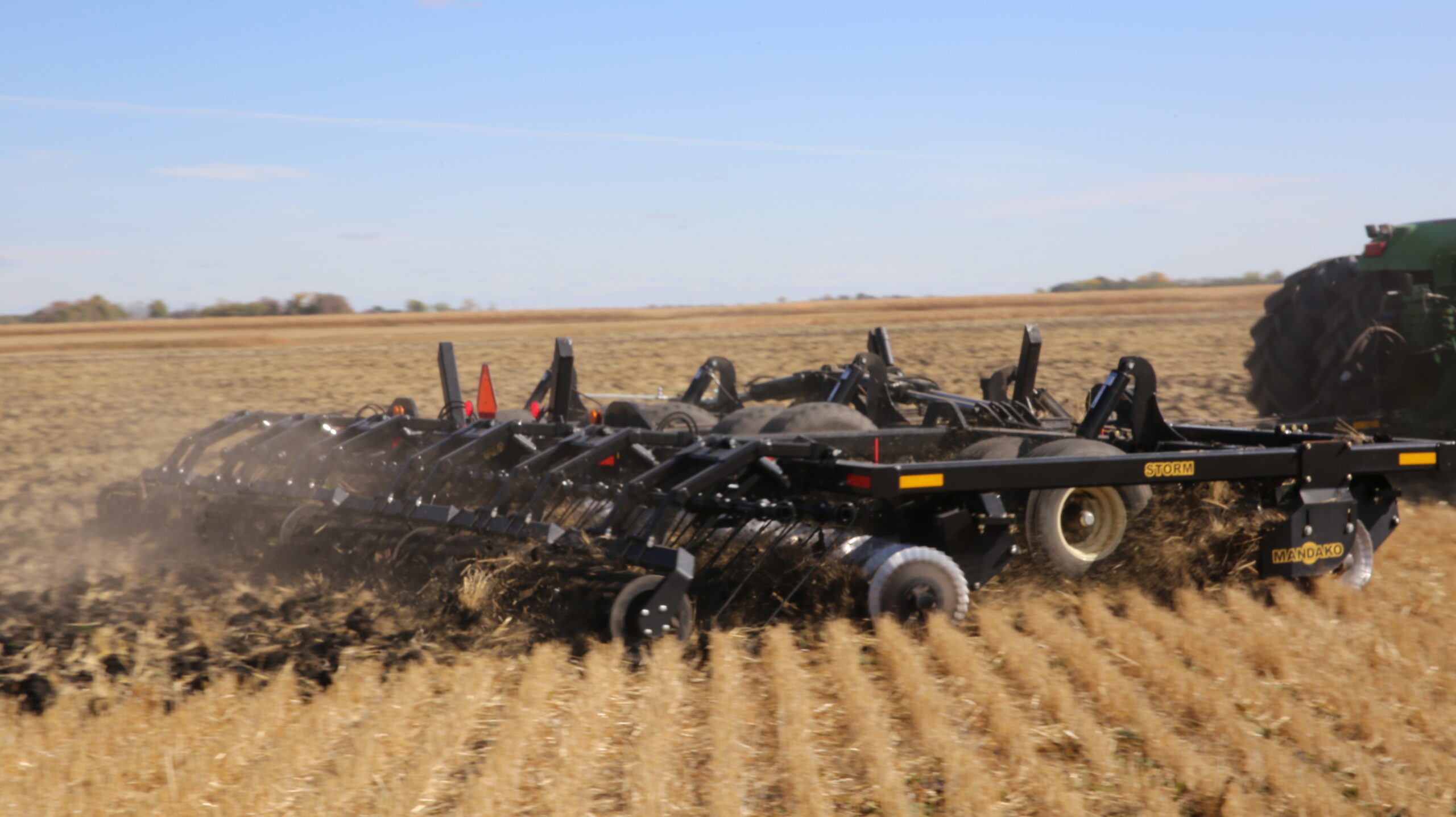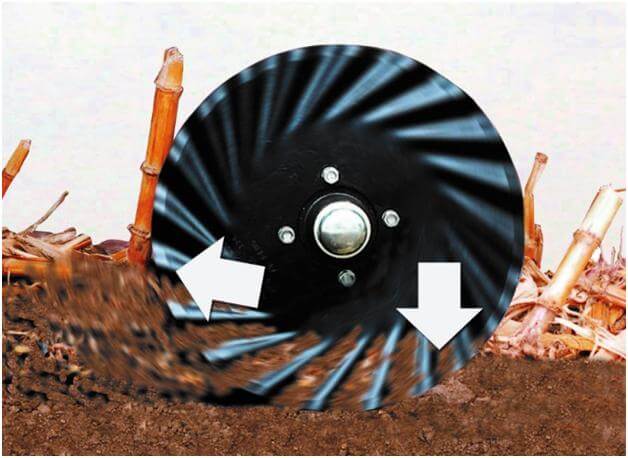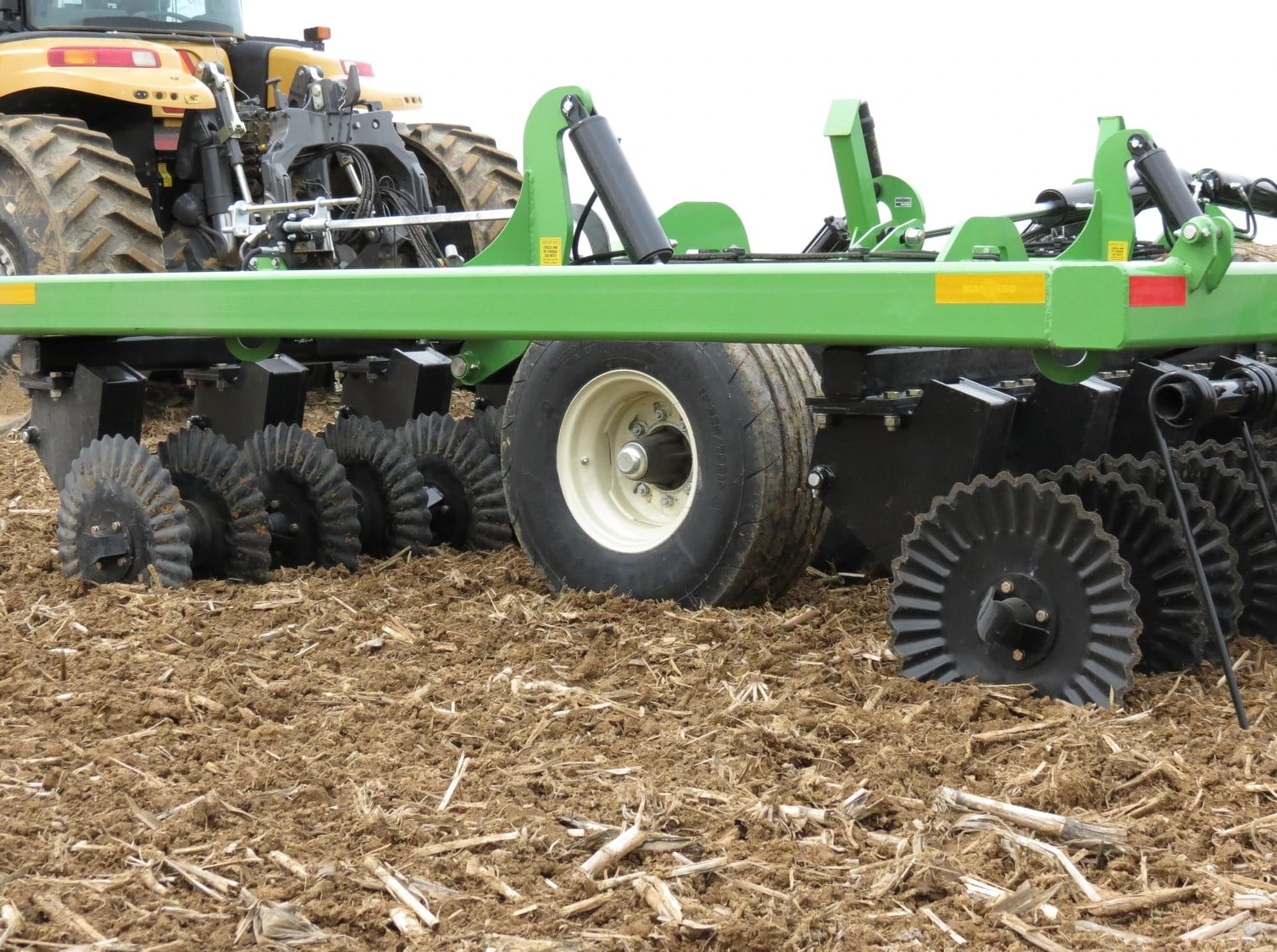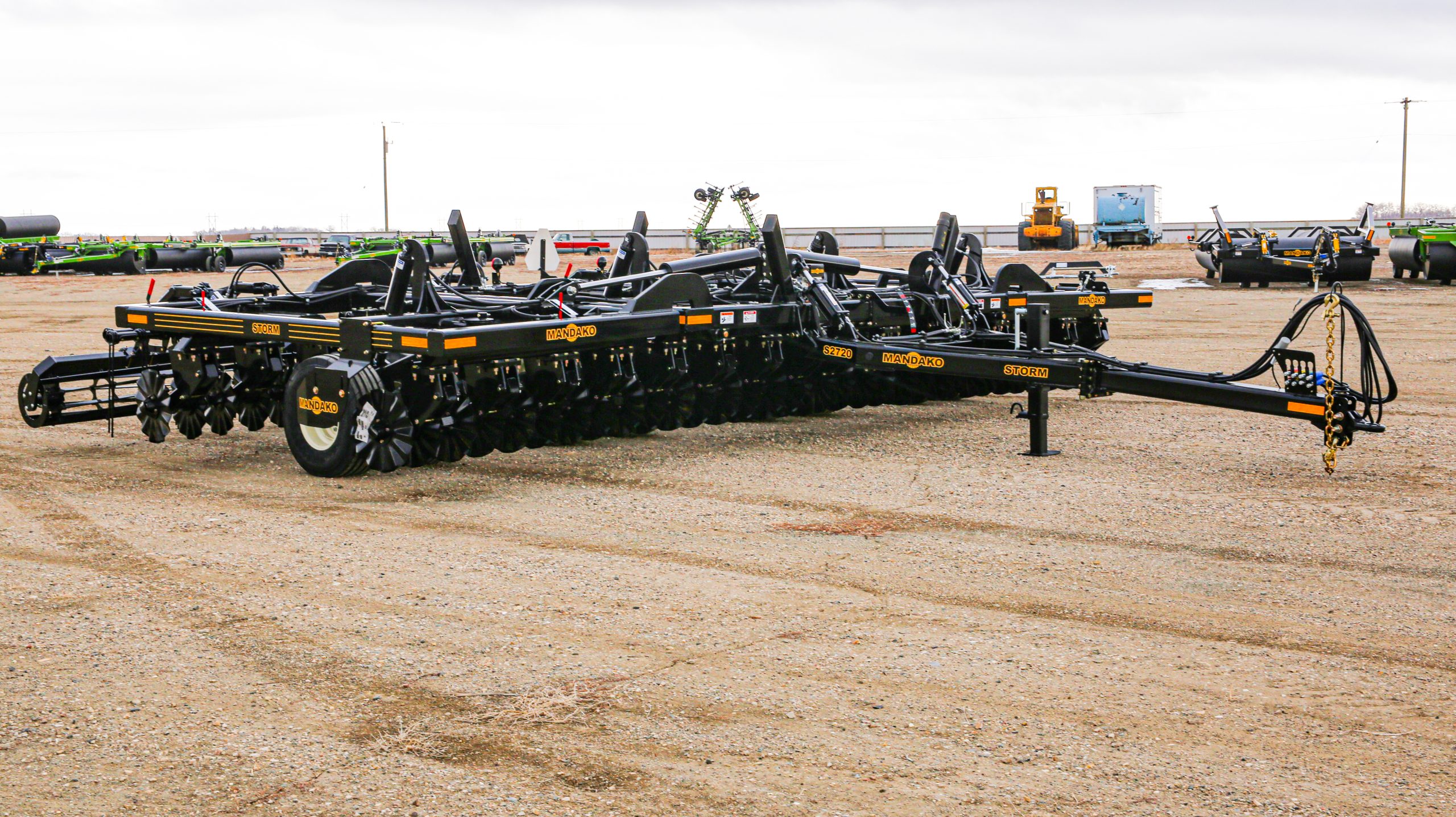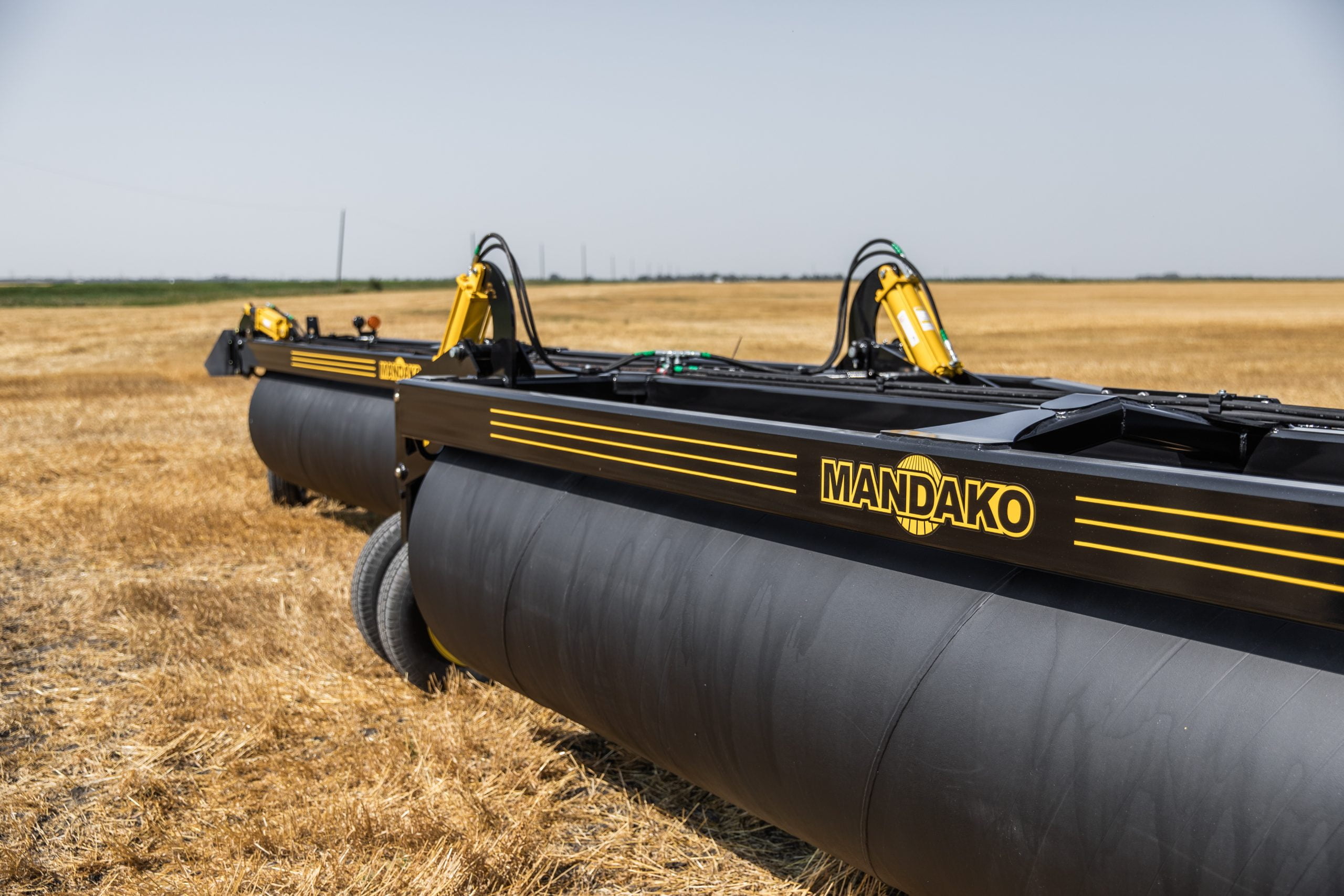
What are the advantages of using land rollers in agricultural practices?
Land rollers stand as a pivotal agricultural instrument, bolstering field conditions, fostering plant growth, and safeguarding farm machinery. For companies engaged in the production of land rollers, it is essential to comprehend the extensive benefits of these devices, substantiated by research from South Dakota State University and the University of Wisconsin.
Minimizing Equipment Failures
Land rollers play a vital role in reducing both the frequency and severity of breakdowns in agricultural equipment. By smoothing the field surface and embedding rocks into the soil, land rollers lessen the risk of harm to delicate machinery components, such as combines and sprayers. This protective measure is crucial during critical operational phases, where equipment failure can translate into substantial economic losses. Further insights can be found in South Dakota State University’s study on land rolling corn fields.
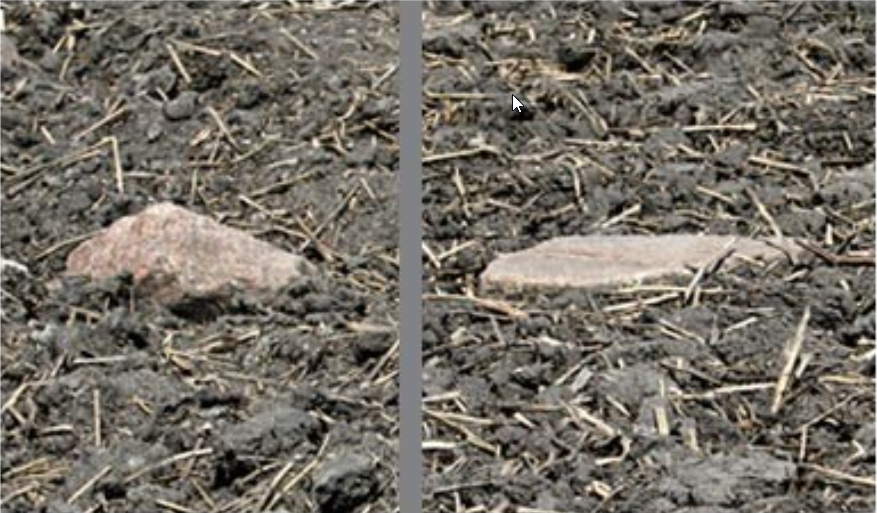
Reduction in Harvest Losses
A key benefit of land rollers is their ability to minimize harvest losses. By creating smoother fields and removing large debris and rocks, land rollers ensure that crops, particularly low-growing ones like soybeans and peas, are fully harvested. This efficiency leads to increased yield and overall productivity.
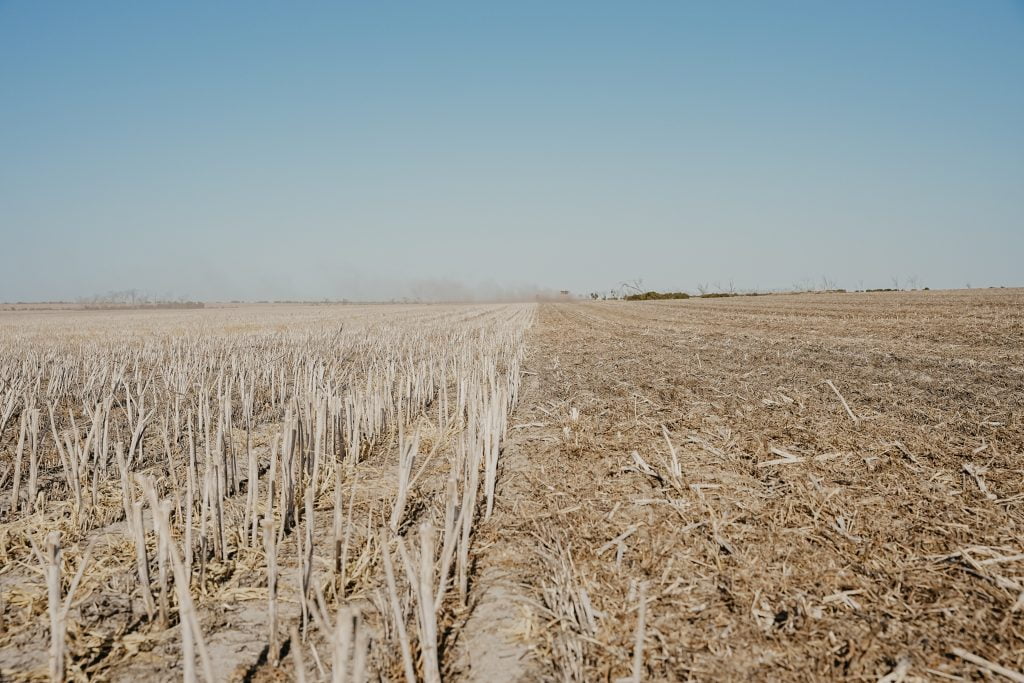
Enhancing Seed Germination
Land rollers enhance seed-to-soil contact, an essential factor for optimal seed germination. Pressing down the soil, land rollers eliminate air pockets and ensure that seeds maintain close contact with the soil, enhancing water absorption and consistency in germination across the field. This is especially beneficial for seeding operations involving crops like alfalfa and grass seeds.
“The importance of good seed-soil contact is as basic as it gets,” said James Shroyer, professor of agronomy at Kansas State University. “It allows the seed to readily imbibe moisture and initiate germination and eventually emergence. Without good seed-soil contact there are air pockets around the seed and that delays germination resulting in uneven or rather, delayed emergence.”
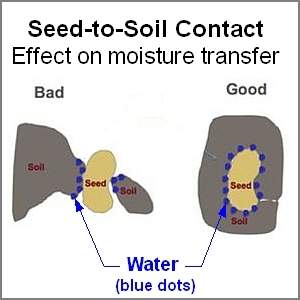
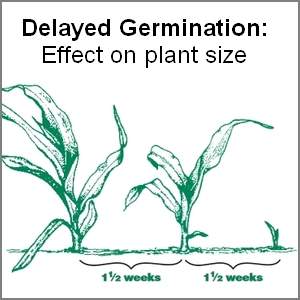
Decreasing Operator Fatigue
Navigating agricultural machinery over uneven terrain increases the risk to the machinery and elevates operator fatigue, impacting productivity and heightening the likelihood of accidents. Land rollers mitigate these risks by leveling the fields, thereby facilitating easier and less tiring machinery operation. This advantage is especially valuable during extended working hours.
Enhancing Microbial Decomposition with Land Rolling
Land rolling offers a significant benefit by reintegrating crop residues back into the soil, thus accelerating the decomposition process through increased microbial activity. This process not only enriches the soil but also primes it for future planting seasons. Specific microbes, particularly fungi, are crucial in decomposing tough plant materials such as lignin and cellulose present in these residues.
Ensuring Consistent Crop Stand
Achieving a uniform crop stand is crucial, ensuring each plant equally receives sunlight, nutrients, and water. This uniformity minimizes competition among plants, fostering optimal growth and development throughout the crop lifecycle. Such consistency is vital for securing high yields and quality.

Land Rollers: A Vital Tool for Modern Agriculture
Land rollers have become a critical component in contemporary agriculture, offering a slew of advantages that markedly improve field management and crop yields. These tools play a vital role in flattening fields, which helps minimize wear on farm equipment, boosts seed germination rates, and aids in the microbial breakdown of crop residues. As a result, land rollers set the stage for optimal agricultural conditions. Their impact extends beyond soil conditioning; they also promote a more even and productive crop stand, which can lead to enhanced yields and lower operating expenses. Consequently, the strategic deployment of land rollers represents a wise investment for farmers focused on achieving efficiency and sustainability in their practices, setting the foundation for healthier crops and more substantial returns.
References:
- Land Rolling Corn Fields, South Dakota State University
- Ground Rolling in the Midwest, University of Wisconsin
- Seed to Soil Contact is Important Author: Easy Digging Staff
FAQs:
- What are the primary benefits of using land rollers in agriculture?Land rollers help in improving field conditions by smoothing out the surface, enhancing seed-to-soil contact for better germination, reducing the risk of equipment damage by embedding rocks into the soil, and minimizing harvest losses, especially in low-growing crops.
- How do land rollers reduce equipment failures?By flattening the field surface and pressing down stones, land rollers reduce the likelihood of agricultural machinery encountering obstacles that could cause damage, thus preventing breakdowns and reducing repair costs during critical farming operations.
- Can using land rollers increase crop yields?Yes, by ensuring a smoother field surface and better seed-to-soil contact, land rollers can significantly improve moisture retention and uniform seed germination, leading to increased crop yields and enhanced agricultural productivity.
- What role do land rollers play in seed germination?Land rollers help to compact the soil, eliminating air pockets and creating an optimal seedbed that maintains moisture and contact with the seeds. This enhances the conditions for consistent and effective seed germination.
- Are there any specific conditions under which land rollers should be used?Land rollers are most effective when used on moist soil that’s not overly wet. The best time to use land rollers is post-seeding to improve seed contact with soil and before crops start to emerge to minimize damage to young plants.




